Google topples Apple as world's most valuable company
Shares surge on back of huge jump in advertising revenue in core business
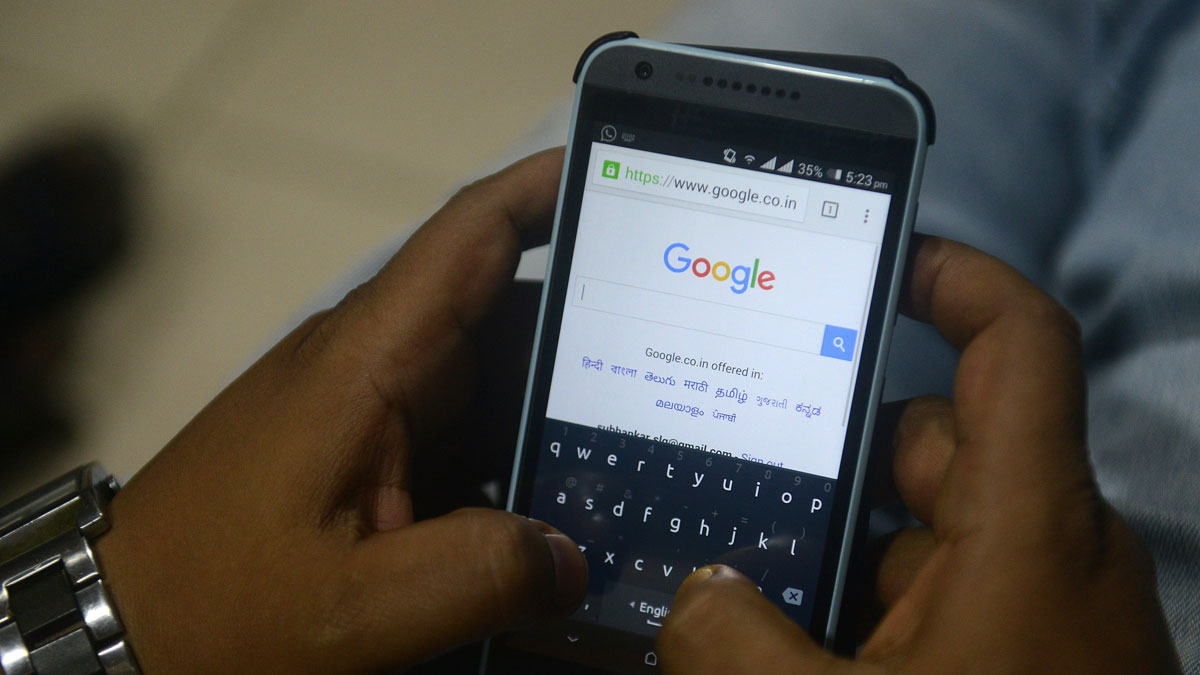
A free daily email with the biggest news stories of the day – and the best features from TheWeek.com
You are now subscribed
Your newsletter sign-up was successful
Google's parent company Alphabet yesterday posted a profit of £3.4bn for the fourth quarter of last year, an increase from £3.2bn a year ago.
The results came after the close of markets in the US and sent its share price rocketing by close to ten per cent at one point in after-hours trading, giving it a valuation of £394bn. Around two hours before the opening bell on Wall Street this afternoon, it was still set to be around 5.4 per cent higher, at 572p, which would equate to a valuation of around £378bn.
The surge means Alphabet has eclipsed Apple's current valuation of £371bn and sent it to the top of the list of world's most valuable companies.
The Week
Escape your echo chamber. Get the facts behind the news, plus analysis from multiple perspectives.

Sign up for The Week's Free Newsletters
From our morning news briefing to a weekly Good News Newsletter, get the best of The Week delivered directly to your inbox.
From our morning news briefing to a weekly Good News Newsletter, get the best of The Week delivered directly to your inbox.
The change highlights a marked shift in the technology landscape "as purchases of new devices slow and the fortunes of companies that benefit from selling advertising or services to the new mass mobile market boom", says the Financial Times.
BBC Technology reporter Dave Lee says Alphabet is reaping the reward of "spending big on its many technology gambles". But the company's bottom line has been truly helped by a significant rise in its core business: Google's advertising revenue.
"Paid-for clicks - where advertisers pay per person who clicks on the ad - were up 31 per cent across the entire internet, and 40 per cent on Google-owned sites," he says.
Alphabet was born last year in response to investor demands for more information on the performance of the core Google businesses, which were often bundled in with a wider array of smaller units developing everything from driverless cars to robotics.
A free daily email with the biggest news stories of the day – and the best features from TheWeek.com
Google's new logo: 'cleaner and simpler', but less distinctive?
2 September 2015
If you've used the Google search engine today – and you probably have – you may have noticed its logo has changed, marking the first significant departure from the colourful serif font we've all grown accustomed to over the last 16 years.
It isn't exactly a radical departure, but the removal of the embellishments and lightening of the colours is designed to create a more elemental feel. If you viewed on a mobile or dictated a voice enquiry you might have seen a more striking change: the lower case blue 'g' on its mobile website has been replaced with a more colourful alternative, with a matching "mic icon" for voice searches, Marketing notes.
[[{"type":"media","view_mode":"content_original","fid":"84199","attributes":{"class":"media-image"}}]]
The Independent cites Google's comments in a blog unveiling the new logo that "it had chosen the design so that it would look good on any screen – particularly the tiny mobile screens that many visitors to the search engine now look at it through". It adds the new look "brings it into line with the cleaner, more simple look" that is being established for Alphabet, Google's new parent company following a recent restructure.
Google's VP for product management, Tamar Yahoshua, and director of user experience, Bobby Nath, say that the new logo captures "the best of Google… simple, uncluttered, colorful, friendly" and recast it "for the Google of the future".
Matt Luckhurst, who has worked on rebranding projects for Airbnb and Spotify, told the San Jose Mercury News that the logo "looks like something made in 2015", saying it "feels very elemental, like learning how to write something at school".
But Angie Wang, a professor who teaches typography at California College of the Arts, said while the new look is "cleaner and simpler" it has also "lost some of its distinction". "In simplifying, they've sort of eradicated the humanistic tendencies. Is that good or bad? It depends on what they're trying to achieve."
Google's Alphabet gamble: three reasons for the new structure
11 August
Google is undertaking a radical restructuring – and won't even be known as Google any more.
In a blog post published after the market closed on Monday, chief executive Larry Page revealed that the company will reorganise itself into a holding company called Alphabet – with the quirky web address abc.xyz – while the search and advertising businesses that provide most of its revenue will be housed within a Google Inc subsidiary. A growing range of other interests, including drones and self-driving cars, will be run by separate companies under the Alphabet umbrella.
[[{"type":"media","view_mode":"content_original","fid":"83755","attributes":{"class":"media-image"}}]]
But why has the company chosen this route and what questions still remain?
1. Making Google 'cleaner and more accountable'
In his post, Page says that while Google is "operating well today", the new structure will make it "cleaner and more accountable". The Wall Street Journal says investors have grown increasingly uncomfortable with the range of investments being made that could dilute the core businesses – and more specifically with the lack of transparency about how they affect the broader financial position. This is the key reason Google shares "had lagged behind other technology companies for most of the year".
Under the new structure, the core search and advertising businesses that will fall under Google Inc, including YouTube, Android and Doubleclick, will report separately. These businesses generate the majority of group revenue, something like $53bn after partners are paid, and have little crossover with some of the more left-field innovations the company has pursued in fields as diverse as life sciences, robotics and driverless cars.
But how much accountability investors will get is unclear. The New York Times says questions remain about how Alphabet will "dole out money for more speculative projects", while Brian Wieser, an analyst at Pivotal Research Group, says in Quartz that investors will probably not get any insight into how the "discrete business units" within the core company are performing. The rest of Alphabet will largely remain opaque too and report, at least initially, as a single entity.
2. Improving 'management scale'
With the businesses within the group being separated, Page says the new model will allow each to prosper "through strong leaders and independence". Each will have its own senior management: Page and co-founder Sergey Brin will run Alphabet and "handle capital allocation" across the group, while 'rising star' Sundar Pichai, who currently manages product development for the internet businesses, will run Google Inc.
This will be seen as welcome continuity for investors – according to the New York Times, Pichai has been "effectively running those businesses for a year". Omid Kordestani, the "number 11 employee" at Google who left in 2009 only to return in 2014, will become "an adviser to Alphabet and Google" and his current chief business officer role will be eliminated.
3. The 'business of starting new things'
A key thread in Page's blog is the desire to keep innovating and investing in weird and wonderful ideas that may become the indispensable technology of the future. "We are still trying to do things other people think are crazy but we are super excited about," he says. Splitting off Google will give them the freedom to continue "the business of starting new things", without having to answer to investors as to how it affects the core operation.
Financially liberated, Page says he is "stoked" about "growing our investment arms, Ventures and Capital, as part of this new structure" – and even reveals this focus on increased speculation is part of the reason for the new name, which also means 'betting' on securing 'alpha' (the "investment return above benchmark"). Investors, though, will begin to question the model if they sense that too much of Google's revenues are being siphoned off to fund these bets without generating the expected return.
Google shares surge as rival fails to bite
17 July
Google's shares soared by 12 per cent in after-hours trading yesterday, following a 3.5 per cent hike before the closing bell.
By the end of the after-hours surge, Google's shares had reached a price of $674.01 – well above the previous record closing high of $610.70, from February 2014. That would push Google's market capitalisation above $400bn for the first time.
The internet giant had posted quarterly results that comfortably beat analyst expectations through stronger-than-forecast revenue growth and tighter controls on costs, says the Wall Street Journal.
Net income came to $3.9bn, or $6.43 per share, versus $3.4bn, or $4.88 per share, a year earlier. The company claimed it would have earned $6.99 per share, better than analysts' forecasts of $6.70 per share on that basis.
Capitalising on the positive results, the company made robust statements that were music to investors' ears. In a conference call, chief financial officer Ruth Porat told them Google will monitor expenses and support growth initiatives.
"A key focus is on the levers within our control to manage the pace of expenses," she said. In what was her debut conversation with investors, she also hinted at a dividend or stock buyback, which would be Google's first.
Forbes explains that Google has allayed the concerns of investors in several areas. These included potential earnings on mobile, the risk that Facebook's video plan could see it overtake YouTube, the changing face of click revenue, and general company expenses.
"Consider this," writes Miguel Helft, "Google shares closed at $560.22 on Wednesday; at last check (around 5:45 pm ET), they were changing hands at $644. That's not bad for a CFO's first earnings season."
Video: how Google's earnings were reported
[[{"type":"media","view_mode":"content_original","fid":"83255","attributes":{"class":"media-image"}}]]
-
 Nuuk becomes ground zero for Greenland’s diplomatic straits
Nuuk becomes ground zero for Greenland’s diplomatic straitsIN THE SPOTLIGHT A flurry of new consular activity in the remote Danish protectorate shows how important Greenland has become to Europeans’ anxiety about American imperialism
-
 ‘This is something that happens all too often’
‘This is something that happens all too often’Instant Opinion Opinion, comment and editorials of the day
-
 House votes to end Trump’s Canada tariffs
House votes to end Trump’s Canada tariffsSpeed Read Six Republicans joined with Democrats to repeal the president’s tariffs
-
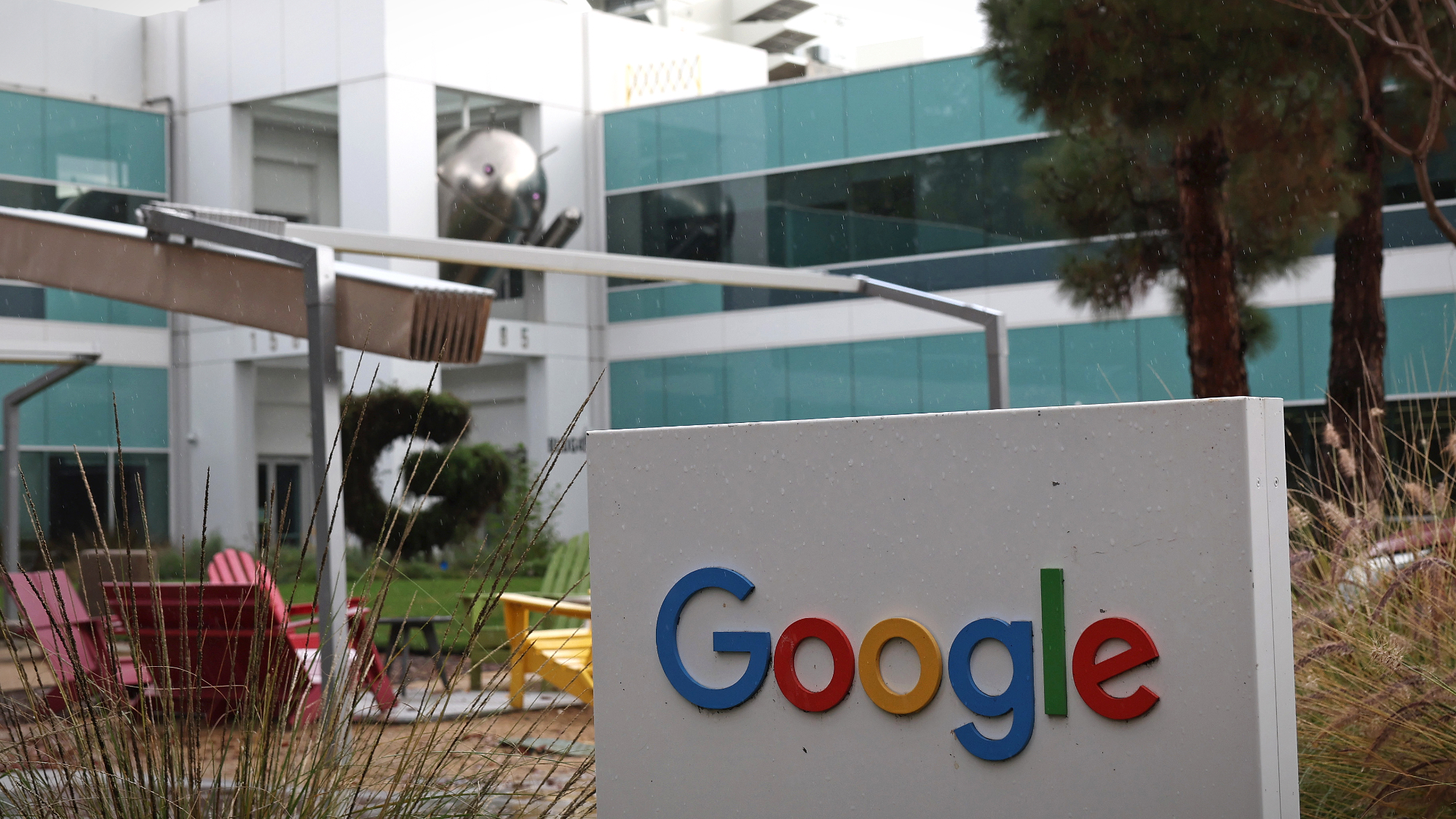 Google loses antitrust suit, declared 'monopolist'
Google loses antitrust suit, declared 'monopolist'Speed Read A federal court has ruled that Google illegally dominated the internet search industry
-
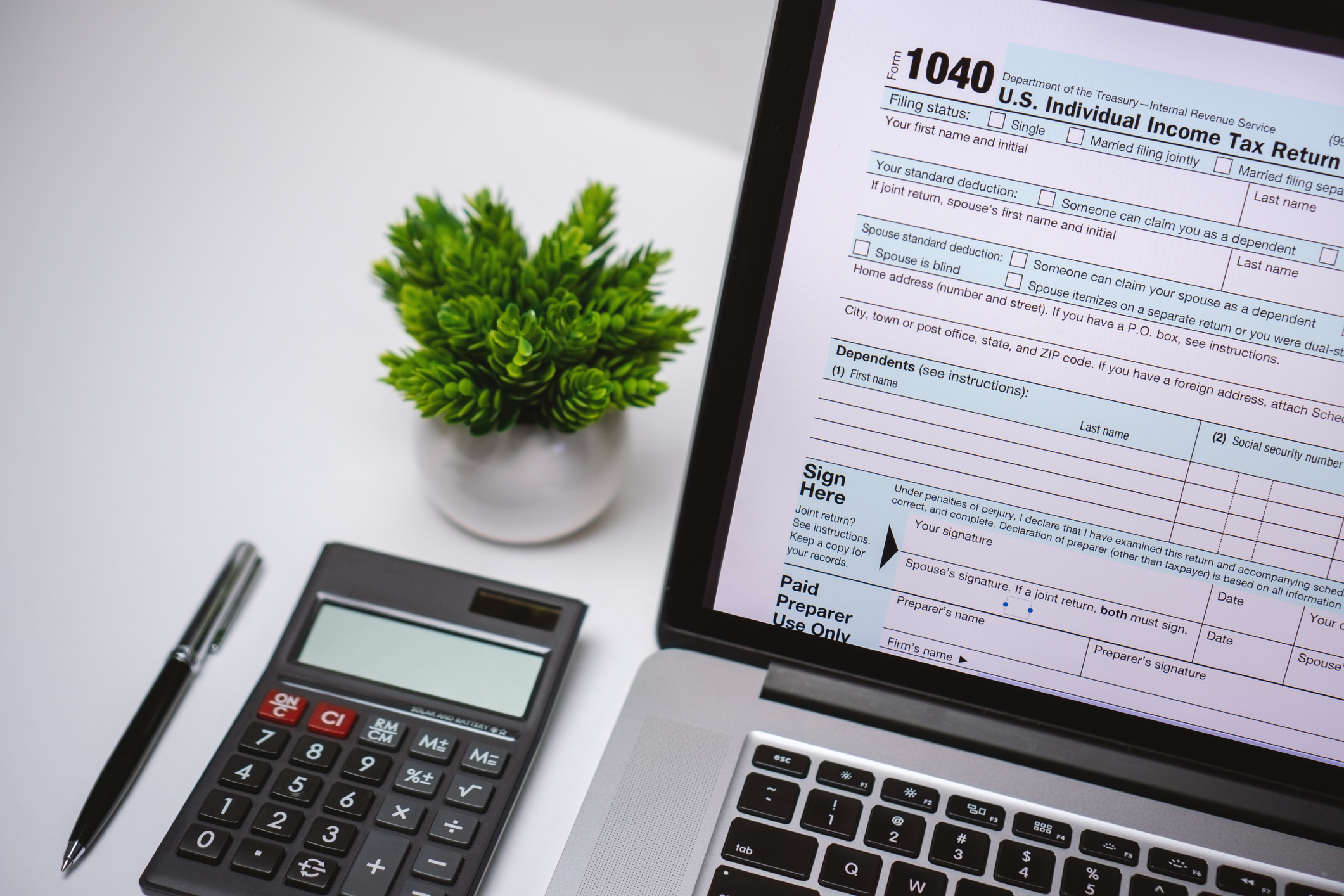 Lawmakers say tax prep companies illegally shared taxpayer data with Meta and Google
Lawmakers say tax prep companies illegally shared taxpayer data with Meta and GoogleSpeed Read
-
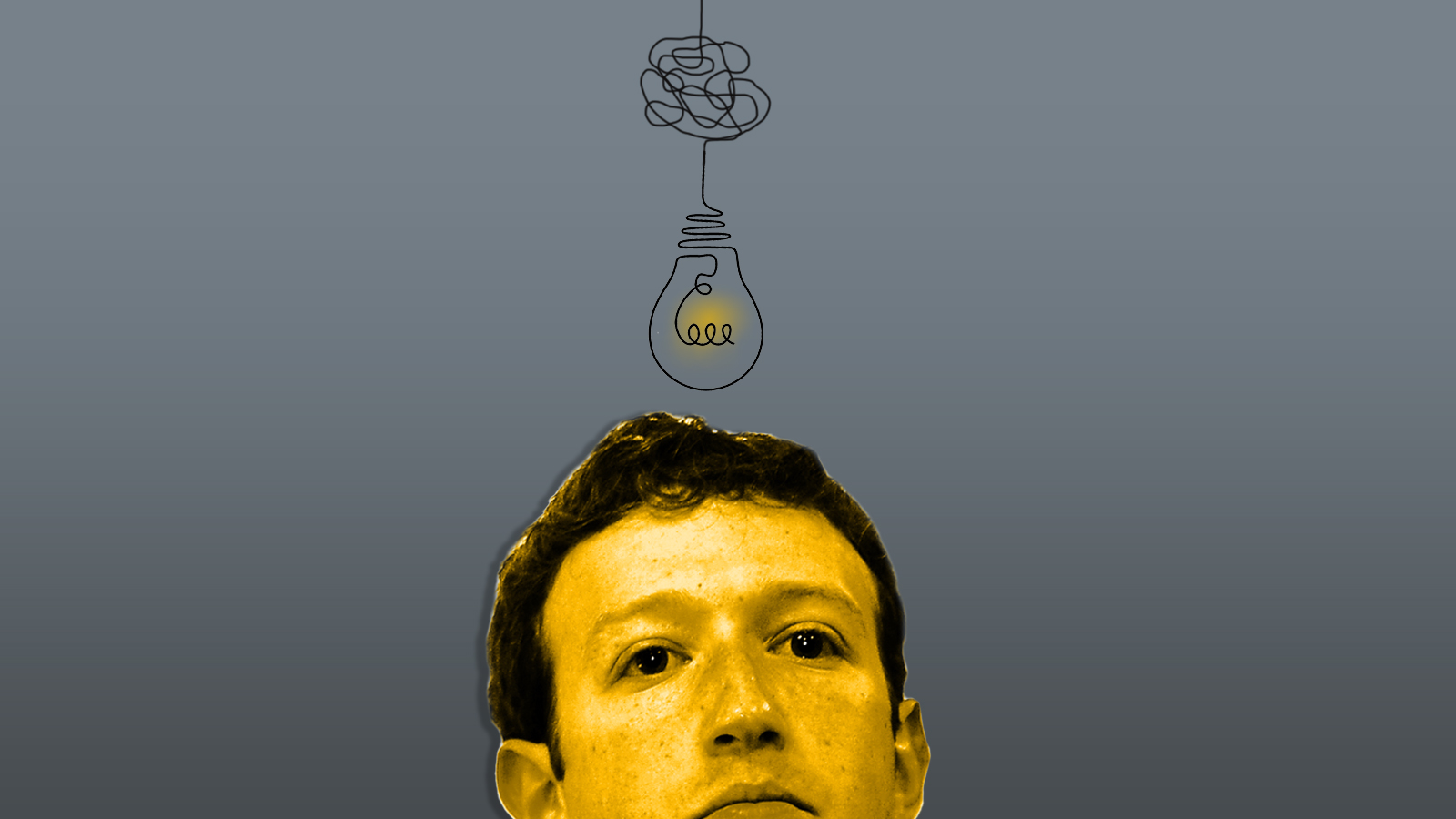 Is Mark Zuckerberg out of ideas?
Is Mark Zuckerberg out of ideas?Speed Read The subscription service Meta Verified sounds awfully familiar
-
 How ChatGPT breathed new life into the internet search wars
How ChatGPT breathed new life into the internet search warsSpeed Read The AI arms race is upon us
-
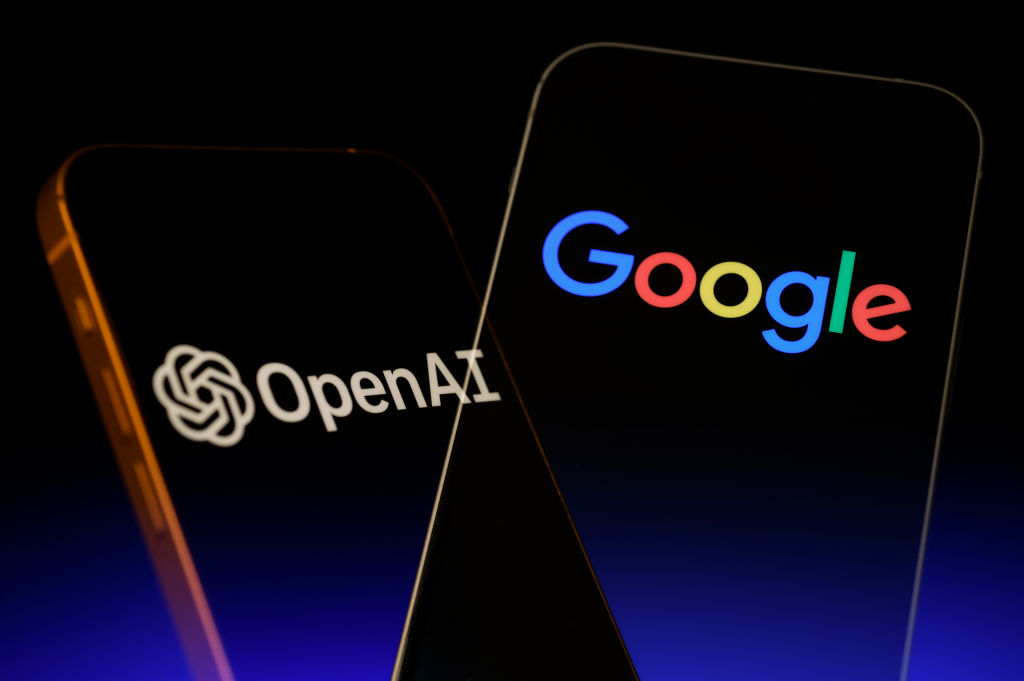 Search wars: Google's new challenge from AI
Search wars: Google's new challenge from AIfeature How will Microsoft even things up?
-
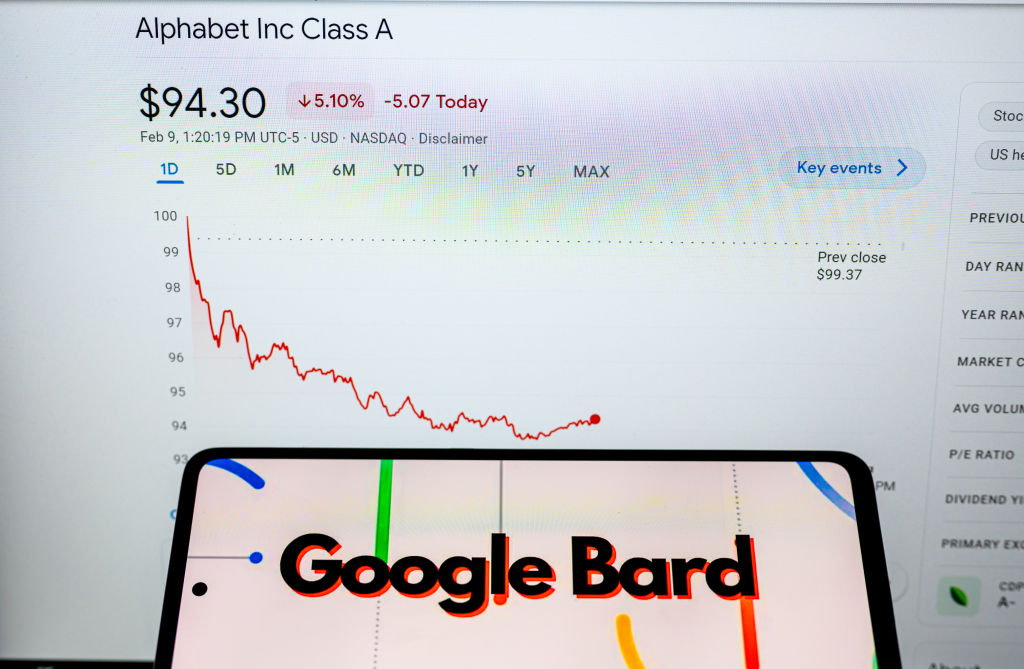 Google didn't believe Bard AI was 'really ready' for a product yet
Google didn't believe Bard AI was 'really ready' for a product yetSpeed Read
-
 What Big Tech CEOs are saying about their companies' layoffs
What Big Tech CEOs are saying about their companies' layoffsSpeed Read Tech companies are cutting thousands of jobs. Are the top bosses owning up to mistakes or 'sidestepping the blame'?
-
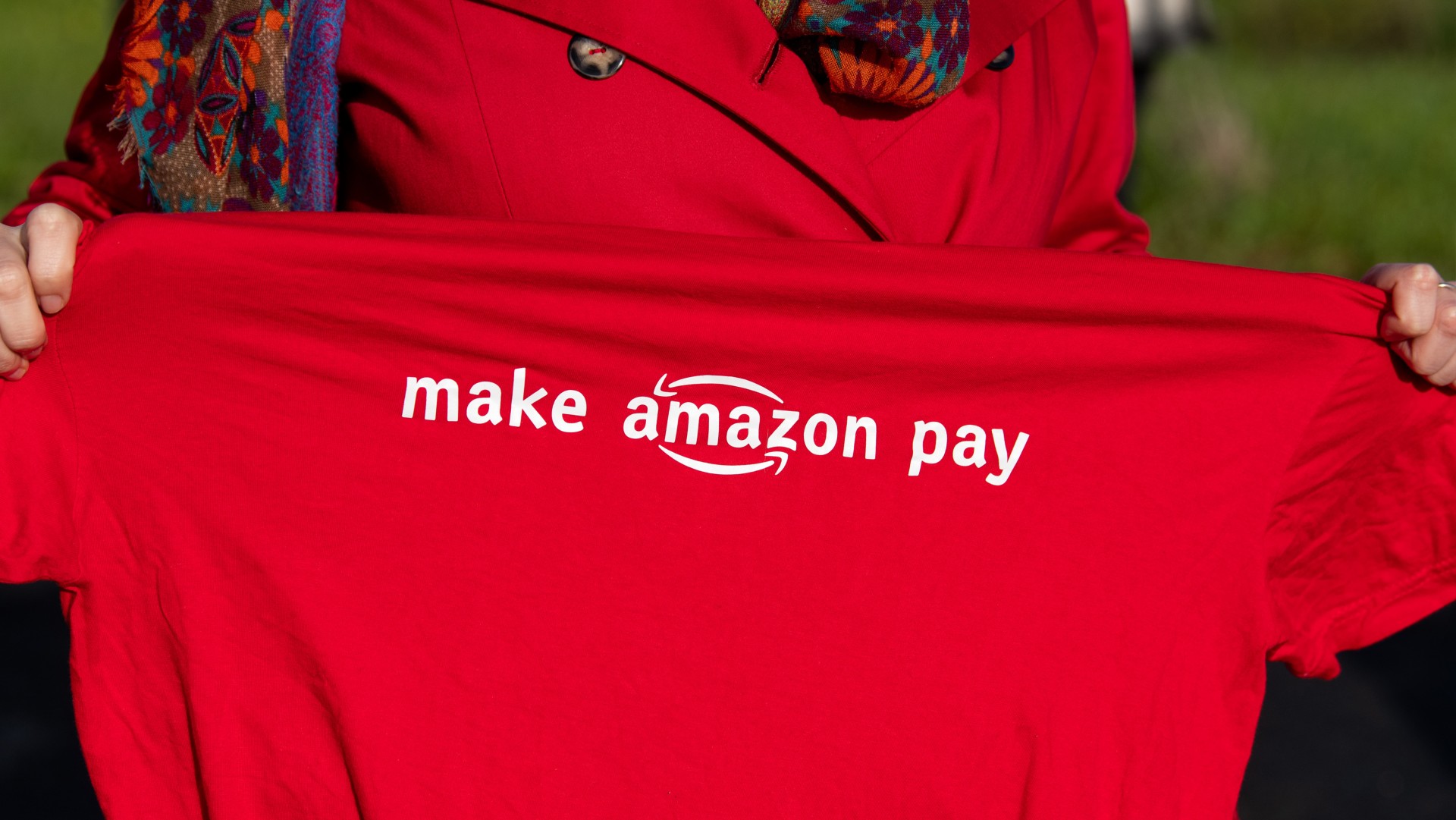 How Amazon’s first UK strike could be a sign of things to come
How Amazon’s first UK strike could be a sign of things to comefeature Big Tech is facing increasing pressure from unions as cost-of-living crisis fuels nationwide unrest